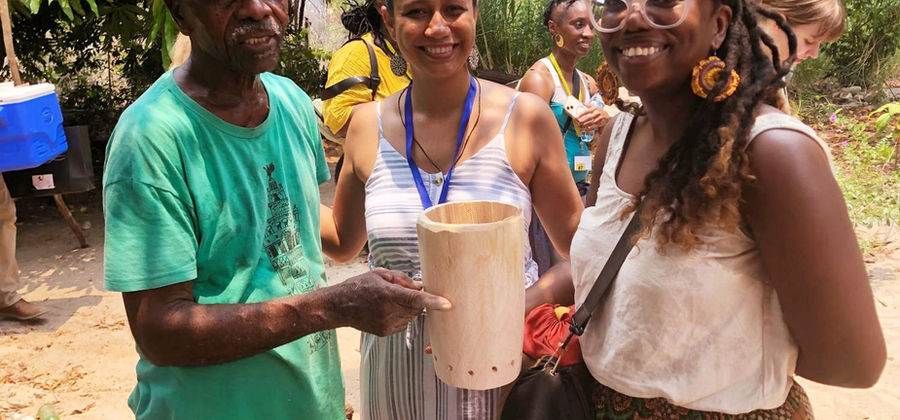top of page

III Caribbean Conference on Affirming Methodologies
Connections and Understandings through Indigenous and Local Ways of Knowing
Belize 20-23 May 2024
Organized by Caribbean Research Methodologies and the University of Belize
PHOTOS
VIDEOS
Conference highlights
Conference highlights

Search video...

Caribbean research methodology conference
02:45

CRM conference 2024
03:59

CRM conference 2024
03:10
bottom of page























